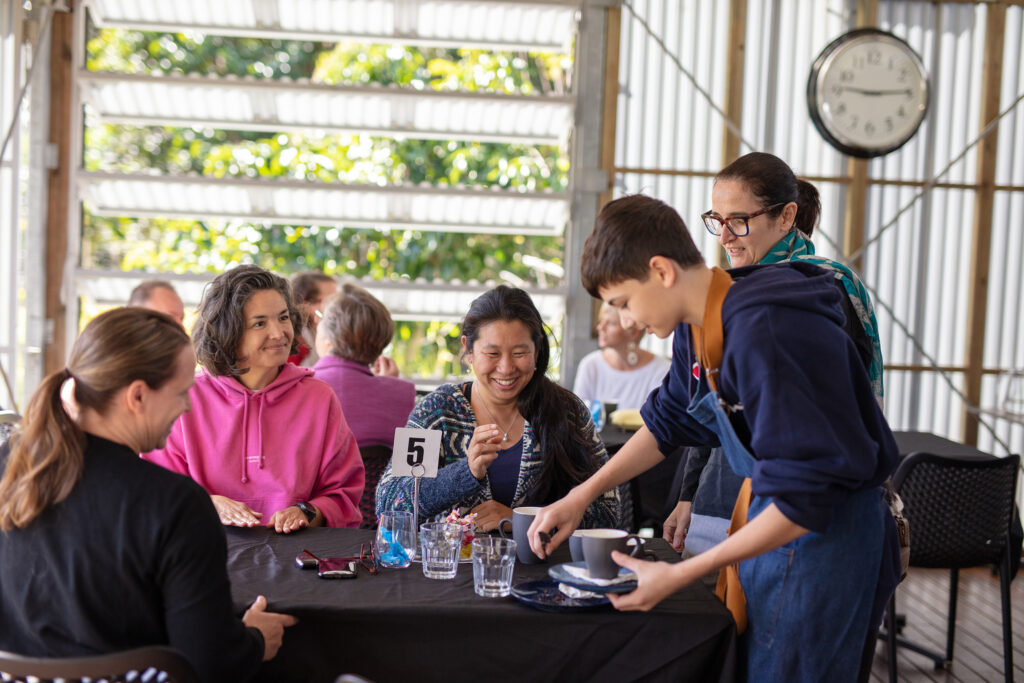Having worked in education for more than 25 years, I’ve had the privilege of witnessing the profound impact parent engagement can have at every stage of a student’s educational journey. From the early years of discovery to the critical transition into high school, parents play a vital role in shaping their child’s learning success and personal growth. However, what I’ve also come to understand is that parent engagement can evolve, reflecting the unique needs and developmental stages of the children and young people in our care.
In the early years, parents are often deeply involved in their children’s education, serving as their first teachers and guides. Parents pay close attention to all communication, photos, and updates from early learning facilities, seek to understand the daily experiences their child is having, and provide enriching learning environments at home. These formative years are characterised by a close partnership between parents and educators. Through regular communication, parents gain insights into their child’s progress, strengths, and areas for growth, fostering a solid foundation for lifelong learning.
As students progress into primary school, parent engagement takes on new dimensions. Parents may become more involved in school activities, volunteering in classrooms, and participating in parent-teacher conferences. They play a supportive role in their child’s journey, offering encouragement, assistance with work at home, and guidance on friendships and co-curricular interests. At this stage, parents often seek opportunities to connect with other families, forming a tight-knit community that enhances the educational experience for all.
During early high school years, parent engagement may ebb and flow as students navigate newfound independence and academic challenges. While some parents may take a step back to allow their children to take ownership of their learning, others may intensify their involvement, especially in areas where their children may need additional support or guidance. This is a time of transition, and parents play a crucial role in providing stability, encouragement, and mentorship as their child navigates the complexities of adolescence.
Finally, as students progress to their final years of high school parent engagement enters a different phase of empowerment and partnership. Parents become strategic advisors, helping their children explore pathways and opportunities for their future and traverse the emotional development of young adulthood. They collaborate with educators to ensure their child receives the support and resources they need to thrive academically and socially, laying the groundwork for a successful transition into life beyond school.
Throughout the educational journey, a parent or guardian’s engagement in their child’s learning can significantly enhance the enjoyment, satisfaction, and impact of that educational experience.
We strongly encourage parents to be not just involved but actively engaged in the learning journey their children are on for the profound positive benefits to not only the child but to the parent-child relationship.
We are incredibly fortunate to have a parent community who feel passionately about the way their children are educated and are undoubtedly one of the most active groups I have seen in my career. To further support that connection MIC is participating in a 12-month Parent Engagement Program with Independent Schools Queensland. Within the program, we will be learning strategies to enhance the way parents, educators, and students engage to ultimately enrich the learning outcomes for all the children and young people at the College.
At every stage of our MIC journey, parent engagement is not a one-size-fits-all approach. It evolves and adapts to meet the changing needs of our students and families. By recognising and embracing the diverse ways in which parents engage, we foster a culture of collaboration, support, and shared responsibility that enriches the educational experience for all.
Natalie Smith
Principal
